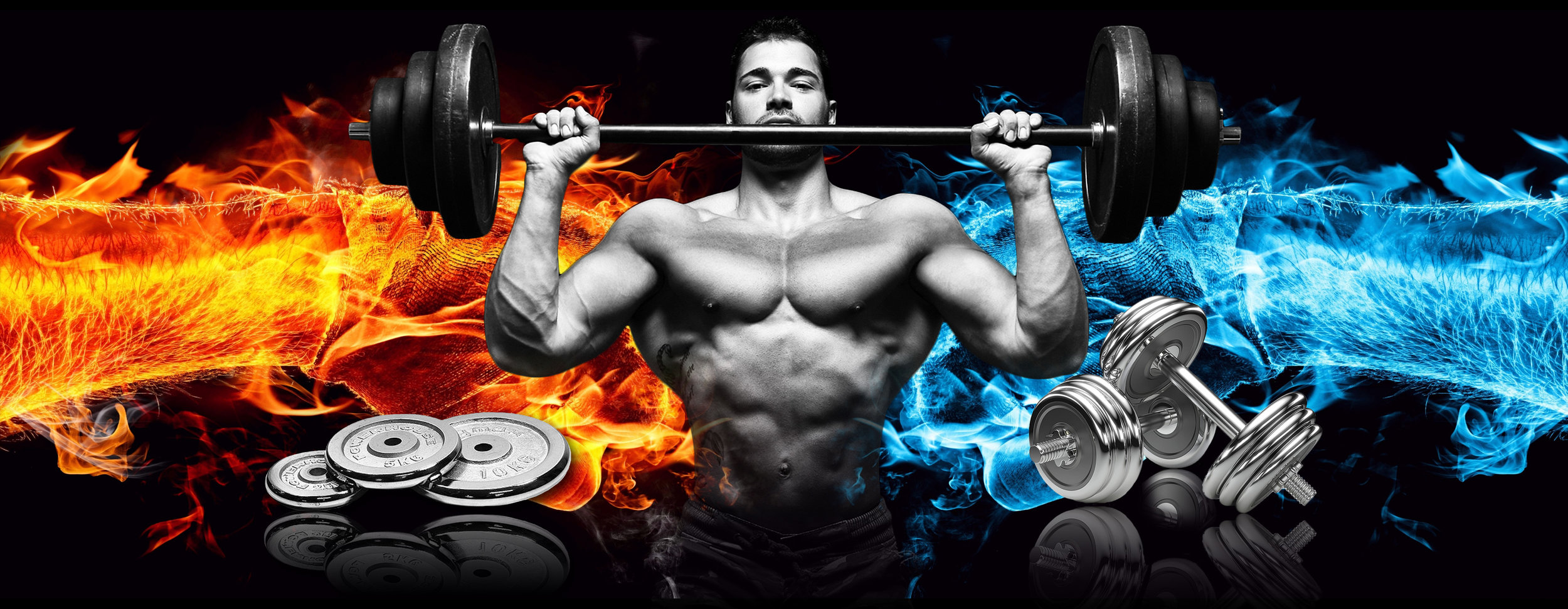Why Intense Workouts Make People Throw Up (And How to Prevent It)
STACK interviewed Dr. Seedman for this article, which originally appeared on stack.com on 11/17/15.
My hockey team had just gotten blown out by a team we should've beaten. It was a terrible performance all around.
Based on our coach's "speech" in the locker room after the game, we knew we were in for a rude awakening at our next practice. Sure enough, when we got on the ice, the coach set a bucket in the center of the rink. He called it the "puke bucket."
Inevitably, a few of my teammates and I made a trip to the bucket after rounds of sprints that made us feel like we were starring in the movie Miracle.
Is this a wise coaching tactic? Well, that's for another article.
At some point in your athletic career, you've probably lost your lunch—or at least you felt like you might. It probably came during a tough practice, a long game or an intense workout. Regardless, it's never convenient and it's always kind of embarrassing.
I know firsthand.
Why Do We Vomit from Intense Exercise?
Exercise is designed to push your body to its limits. Whether you lift heavy weights in the gym or perform sprints after practice, the idea is to challenge your body, causing it to adapt and make strength, size, power and/or endurance improvements.
Sports are different; they aren't meant to cause improvement. You're simply trying to succeed in whatever event you're participating in. But this inherently causes you to push your body to the limit.
During intense activity, many things can happen in your body that might cause what's technically called exercise-induced nausea, which can result in vomiting. We'll focus on the two main causes.
Your Blood Flow Changes
Your muscles do a ton of work during a workout or game. Knowing this, your body puts your muscles on a VIP list so they have the resources needed to perform at their peak. In this case, the resource is blood, which carries oxygen and nutrients to your muscles.
To supply your muscles with extra blood, your body shifts blood flow away from your stomach and intestines, which slows down digestion. If you ate a poorly timed meal before starting an activity, the food just sits there causing an upset stomach. At a certain point, your stomach might reject the food and you will feel nauseous, or worse, vomit.
A 2001 study confirmed that eating a meal immediately before a high-intensity workout increases exercise-induced nausea.
According to Dr. Joel Seedman, an exercise physiologist and owner of AdvancedHumanPerformance.com, this most commonly occurs during full-body workouts. When you use several muscle groups, more blood pools in your muscles and won't be available for your stomach and intestines. You might also experience higher levels of nausea from leg workouts, because the muscles are so large.
If you do vomit, you usually feel better almost immediately. Despite the gross taste in your mouth, you can continue playing your sport or working out.
Your Lactate Levels Increase
You know when you perform a tough exercise and feel "the burn"? This is a sign that levels of lactate—a byproduct of energy metabolism—in your body are increasing. Lactate is used to create more energy, but if your muscles produce more lactate than they can handle, it accumulates in your blood. At a certain point, you reach the maximum amount of lactate your body can handle. This is called the lactate threshold.
As lactate levels increase, acidity levels also rise in your body. Your brain senses this as a toxic environment, and as a defense mechanism, it wants to get rid of the toxicity by causing you to vomit.
When this occurs depends on your conditioning and type of activity. If you suddenly do a crazy intense workout that might be beyond your ability, there's a decent chance you might feel nauseous. Even a short break from training can cause unexpected nausea.
"If you take a few weeks off from a workout, your strength will not be impaired. In fact, it may increase. However, your body's aerobic and anaerobic systems detrain within a few days," explains Seedman. "So what happens is you're able to stress your body to the same levels, but it catches up to you quickly because your body can't keep up."
Seedman says that a strength workout with high reps and short rest intervals (often seen in muscle-building routines) can be a culprit, even if the workout doesn't leave you gasping for air. In this style of workout, lots of lactate in produced with little time between sets for your body to process it.
What Should You Do?
A lot comes down to genetics. Some people are able to avoid exercise-induced nausea better than others. And just because you vomit doesn't necessarily mean you're out of shape or less tough.
However, there are some things you can do to reduce your chance of vomiting during a workout or game.
Properly Time Your Nutrition
According to sports dietician Leslie Bonci, it's critical to time your food and fluid intake before a game to maximize your performance and prevent stomach issues. She recommends following this schedule:
Drink 20 ounces of fluid an hour before.
Eat a small snack (about 100 calories) an hour before.
If you eat a meal, do so about three hours before the game.
Increase Your Lactate Threshold
The second strategy is to improve your conditioning. Increasing your lactate threshold will reduce the likelihood of vomiting from a workout—unless you push yourself beyond what you're capable of. To do this, you need to train at a high intensity, such as with intervals. Here are five drills that can increase your lactate threshold.
You Don't Need to Puke for a Workout to be Effective
Vomiting occasionally from a workout is OK. It's not fun, but there's nothing inherently wrong with it. However, there's no need to make it a habit when you work out. That just means you're not training intelligently and within your work capacity. If you consistently feel nauseous from your workouts, it's time to reassess them and maybe scale them back a bit.
If you vomit during a workout or sporting event, make sure to rehydrate with an electrolyte beverage such as a sports drink. This replenishes the lost fluid and nutrients that were in your digestive system and canprevent performance issues later in the session.




















